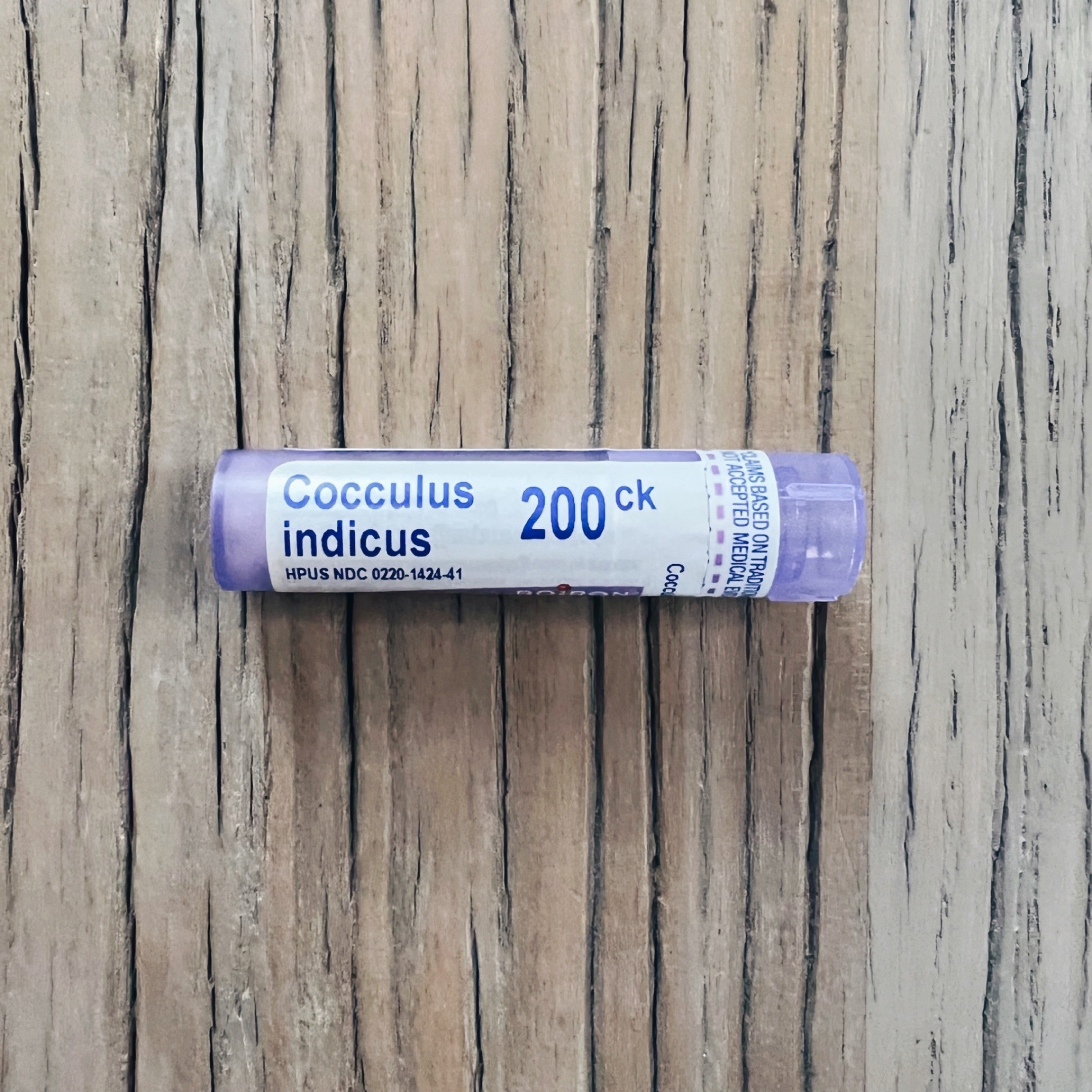The holiday season is upon us. In the northern hemisphere the days are dark and nature’s fertile void invites us to slow down, but our culture and systems have us rushing, doing, and planning. Add to this family gatherings, amplification of grief and loss, expectations, excess, and more…most of us feel anything but resourced during the holidays. Mothers, in particular, may feel the intensity of this time. We tend to be the “magic makers” of this full season.
Rather than turning to coping mechanisms that leave you feeling even more depleted, consider these homeopathic remedies for support during the holidays.
But First…
Even before the homeopathic remedy, I invite you to explore your needs. The challenges we face during the holidays are often a result of unmet needs: self and soul-care, nourishment, sleep, rest, movement all go a long way in expanding our window of tolerance and our sense of ease during the holidays.
For those situations where meeting our needs feels impossible or it’s just not enough, consider one of these remedies to support you.
Homeopathy for Mothers During the Holidays
Ignatia Amara: St. Ignatius bean tree (Plant)
We know Ignatia for acute grief. Certainly it’s one to consider when the holidays bring up grief for any reason. But there’s so much more to know about Ignatia.
The person who needs Ignatia during the holidays feels shattered or torn to pieces by shock, grief, disappointment, or bad news, yet they feel they must keep control in the midst of it all (not uncommon for mothers)! This control looks like swallowing their grief or holding back the tears that need to flow (hence the characteristic lump in the throat of Ignatia). There tends to be sighing with the attempts to control, along with muscle spasms, twitching, cramping, fainting, insomnia with violent yawning (this reveals the affinity for the vagus nerve).
There may be a headache as if a nail were driven out through the side of the head or a peculiar sore throat that it is better swallowing solid food. Ignatia is full of contradictions like this…what you would expect is not what you get.
Ignatia will feel worse with coffee, tobacco, slight touch. They’ll feel better changing position, while eating, hard pressure.
Coffea Cruda: Coffee (Plant)
The need for Coffea is easy to spot. If you’ve ever felt the effects of too much coffee, you know the symptoms that Coffea will address: Insomnia or sleeplessness with activity of the mind, extreme sensitiveness, palpitations.
Think of Coffea for insomnia from excitement and intense joy (for you or your kiddos who can’t sleep on Christmas Eve)!
The person who needs coffea feels they will be accepted only if doing good things for others. This leads them to industriousness, planning, creating, often at all hours of the night! Think of it for parents who have been hyper-productive and creative for the benefit of others over the holidays. Of course, if you’ve had too much coffee, consider a dose then, too.
Coffea feels worse from excessive emotions (joy), at night, with noise, odors, overeating, and narcotics. They feel better from sleep, warmth, lying down.

Nux Vomica: Poison Nut (Plant)
Nux is the remedy to think of for general over-indulgence during the holidays. The person who feels the effects of too much alcohol will benefit from Nux.
Like Ignatia, Nux feels shocked, shattered, or torn to pieces but the Nux mother makes hasty efforts to recover from the shock, hence the hard working, ambitious, and impatient nature of the remedy. (These two remedies are both in the Loganiaceae plant family).
Commonly the person who needs Nux is overworked mentally and underworked physically…they don’t expend their pent up energy, and thus feel irritable and hypersensitive to stimuli (lights, odors).
And like Ignatia, Nux affects the vagus nerve, but here you will see digestive disturbances like constipation with urging but stool feels incomplete as well as nausea with the desire to vomit, but can’t.
Nux typically has sleeplessness after 3am (think Liver in TCM). Nux is worse with stimulants, narcotics, or alcohol, from mental exertion, cold, after eating, being sedentary, in the morning, noise, touch, light, odors…it’s a long list for Nux! They are better from naps (if allowed to finish), warmth, rest.
Gelsemium: Yellow Jasmine (Plant)
Gelsemium is a remedy to think of for ailments that arise from anticipation. You may want to differentiate between Gelsemium and Argentum Nitricum (see below) in anxiety before a holiday gathering or big event. It’s also one to remember for flu that has a slow onset, especially if preceded by bad news, intense emotions, or anticipation.
Gelsemium is ALSO is in the Loganiaceae family along with Nux and Ignatia, which drew me to highlight this remedy rather than others that may be supportive for anticipation and anxiety. Gelsemium, unlike Nux and Ignatia, attempts to AVOID the situation that produces a torn, shattered, or shocked feeling. This avoidance is reflected in general paralysis, weakness, dizziness, fatigue, trembling, mental dullness, and diarrhea. It’s as if mom’s body already experienced the shock and is now shut down in a dorsal vagal state (yes, Gelsemium also affects the vagus nerve). Flu symptoms may look similar…dullness, drowsy, weak, fatigued, dizzy.
Gelsemium is clearly worse from emotions like shock or anticipation. They also tend to feel worse in humid weather, in the heat of summer, before a thunderstorm. They’ll feel better in open air, with continued motion, and from stimulants.
*To differentiate between Argentum Nitricum and Gelsemium for anticipatory anxiety consider that Argentum will be more hurried and impulsive. They are trying maintain their position and perform to a standard, so they feel the need to anticipate what’s to come and fight or flee in a timely manner.
Cocculus Indicus: Indian Cockle (Plant)
The holidays may come with more acute ailments and more togetherness, and for mom that often means more caregiving. Cocculus is one to lean on when you are feeling the effects of worrying about or nursing your loved ones. It’s also one to think of if you’re traveling in the car over the holiday and you or your kiddo is prone to motion sickness.
Cocculus is typically sensitive to other’s suffering and will focus their energy on caring for those who are suffering to the point of suppressing their own feelings and needs. They lose sleep from their anxiety for loved ones, which aggravates them and leads to oversensitivity of the nervous system. They are sensitive to odors, noise, riding in a car, looking at moving objects, hence the motion sickness in this remedy.
In The Spirit of Homeopathic Medicine Didier Gradgeorge says cocculus wants to know the secrets of life and to control its movements. This is reflected in their caregiving nature, especially in tending the sick and dying. It’s also reflected in the sickness (from a lack of controlling the movement) riding in a vehicle!
Cocculus obviously feels worse on a boat, in a car, or on any moving vehicle, from sleeplessness, touch, noise, jarring, eating, smoking, menses. They feel better lying down and closing their eyes.

Sepia: Ink of the Cuttlefish (Animal)
Sepia is commonly thought of for mothers who are exhausted, worn out, and overwhelmed. The holidays are ripe with overwhelm for mothers.
The feeling in the Sepia mother is that she is chronically forced to do things she doesn’t want to do. There is an inner conflict: She wants to be independent, but she believes this will lead to a loss of the support she needs, so she feels stuck or obstructed (physically and emotionally). There is a contradiction between what intends and what she does. This contradiction of will leads to apathy and irritability.
Other than feeling worn out and irritable, Sepia mothers may weep, feel anxious, easily offended, and desire to be alone or even to dance (Sepia is much better for vigorous activity owing to the stasis both emotionally and physically). She is constipated (obstructed), but unlike Nux there may be no urging at all. Hormonal disturbances are common in those who need Sepia.
Sepia is worse with cold, before menses, housework, in the late afternoon and evening. They feel better from warmth and vigorous activity.
*You may notice similarities between Nux Vomica and Sepia if you look deeper…Sepia is considered the “chronic” of Nux Vomica. A person that needs Sepia chronically may benefit from Nux in an acute ailment or acute business failure.
Staphisagria: Stavesacre (Plant)
The mother who needs staphisagria during the holidays is trying to keep control in, what feels like, a frustrating situation. Resentment, feeling judged, or feeling victimized affect the particular sensitivity (and reactivity) of this individual. Staphisagria believes it would be below her to act out, and worries about how losing control would affect her reputation.
Mothers who are controlled, sweetly passive, and resigned may resonate with Staphisagria if the symptoms match. Certainly suppression of emotions is a central theme for Staphisagria. Eventually those emotions must surface, and behind the perpetual sweetness there may be trembling from anger, speechless from anger (laryngitis or hoarseness), styes (hardness to cover up their sensitivity), and cystitis (without infection).
Staphisagria is worse from anger and indignation, grief, humiliation, tobacco, sexual excesses and better after breakfast, with warmth, and with rest at night.
Kali Phos Tissue Salt: Potassium Phosphate (Mineral)
I’m sharing Kali Phos tissue salt vs the remedy in potency, because it is an easy one to turn to without having to do much assessment of symptoms when you’re already tapped out during the holidays. Sometimes selecting a remedy even feels like too much for the tired mind and body.
When your nerves are shot from all the excitement, extra work, or stress and as a result you can’t sleep, you feel dizzy, or you have indigestion or headaches brought on by nerves, Kali Phos (6x) tissue salt is a great choice.
Try three pellets 2-3x per day. In insomnia put the pellets in water and sip every 15 minutes for 4-5 doses. If sleep doesn’t come, consider a higher potency remedy.
Potency and Dosing
Start with one dose (2 pellets) of 30C. Watch and wait. If you notice a positive response only repeat the remedy when you are no longer responding to the previous dose. In more intense acute situations, you may need more frequent repetition. In this case I like to put the pellets in water in a covered jar. Shake the jar gently between each successive dose. See this Instagram post for additional information on when to repeat a remedy.


